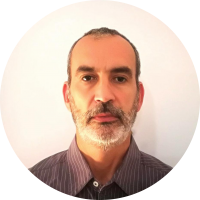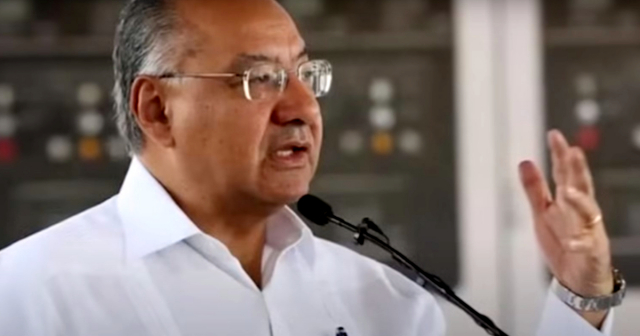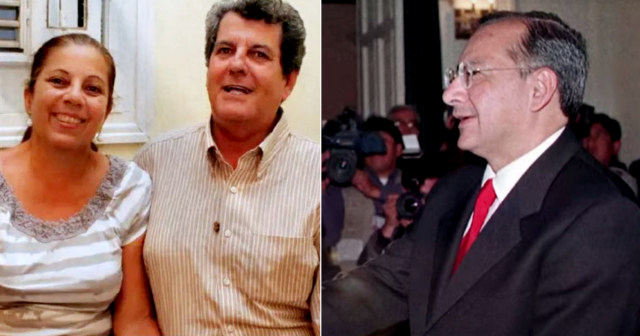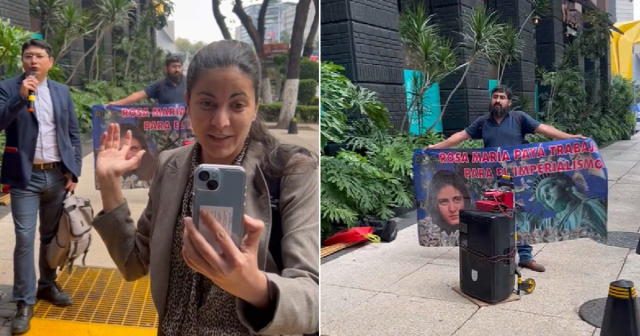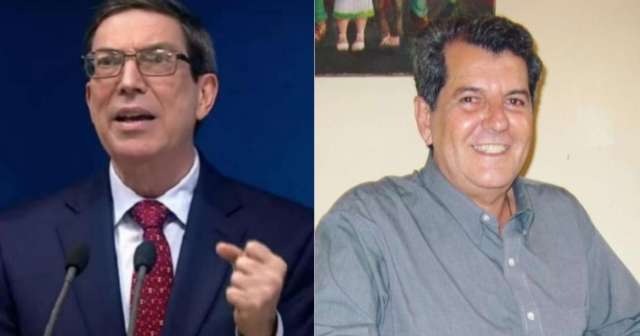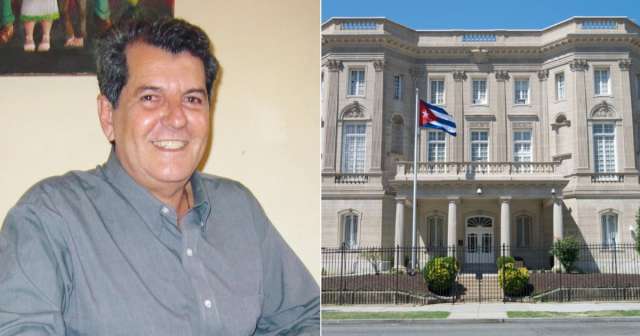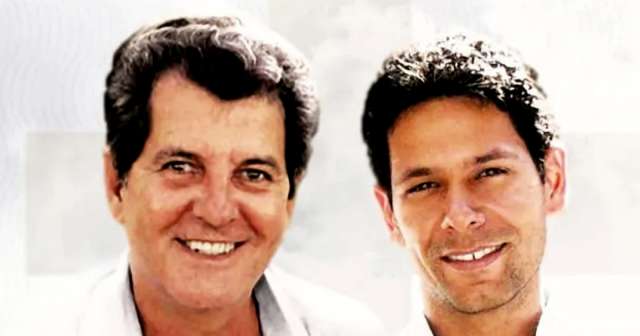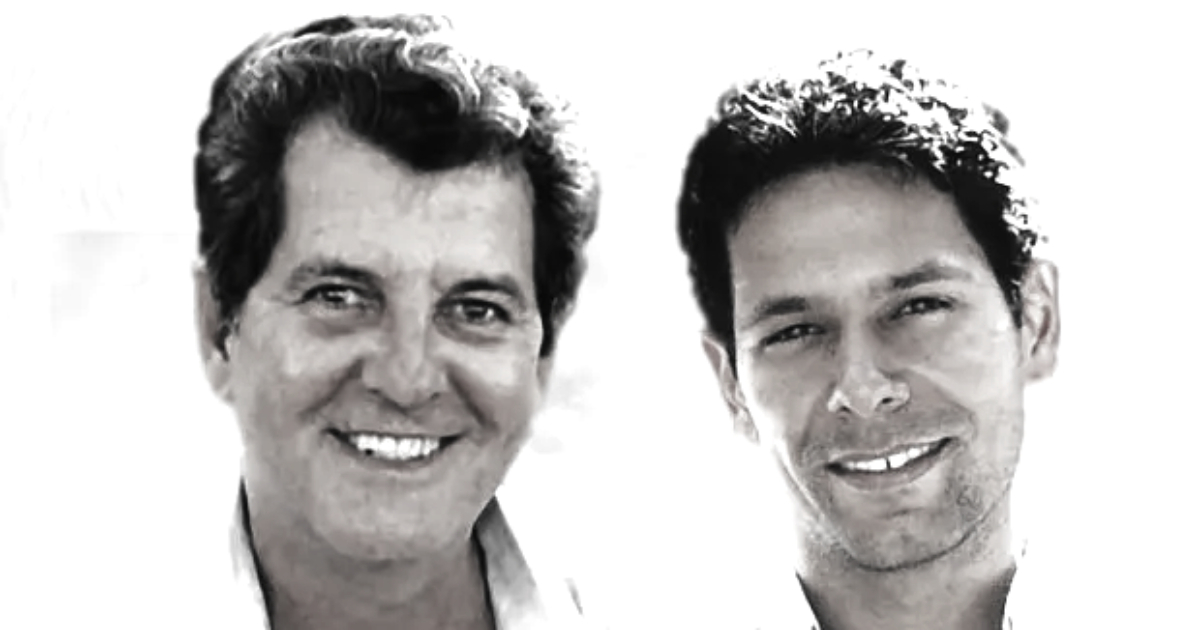
This Monday marks 12 years since the death in Cuba of Oswaldo Payá Sardiñas, opposition leader of the Christian Liberation Movement (MCL) and promoter of the Varela Project, one of the most impactful initiatives achieved by civil society and Cuban activists for democracy and human rights.
His death, which occurred under suspicious circumstances and is considered by the Inter-American Commission on Human Rights (CIDH) as a possible political assassination, took place on a road in Cuba while he was traveling in a car accompanied by the politicians Ángel Francisco Carromero Barrios (Spain) and Jens Aaron Modig (Sweden). Alongside Payá Sardiñas, the young Cuban member of the MLC, Harold Cepero Escalante, also lost his life.
After a typical process of "police investigation" and the "justice" of a totalitarian regime, the Cuban authorities concluded that the death of both opponents was caused by the accident they were involved in, due to the recklessness of Carromero Barrios at the wheel. Spain and Sweden accepted these conclusions in order to repatriate their citizens, detained by the Cuban State Security.
The family of Payá Sardiñas, who could barely participate in the investigation and subsequent trial, has always maintained that the death of the opposition leader was caused by the repressors of the Cuban regime. His widow, Ofelia Acevedo Mauda, and his daughter, opposition leader Rosa María Payá Acevedo, have tirelessly fought to uncover the truth of the case and reclaim the memory and political ideas of Payá Sardiñas.
This Monday, in the United States, the family commemorates the death of Oswaldo Payá and Harold Cepero alongside personalities from the Cuban exile community, friends, activists, opponents, and politicians from that country.
Among those who have expressed their remembrance and exalted the legacy of both Cuban activists, the Under Secretary of State for Hemispheric Affairs at the State Department, Brian Nichols, remembered them as "brave defenders of human rights who gave their lives in pursuit of a free and democratic Cuba."
"We honor his memory and constantly pressure the Cuban government to respect the human rights of its citizens and immediately release all political prisoners," Nichols said through his social media.
For their part, the families of Oswaldo Payá and Harold Cepero shared an invitation via social media to "commemorate their lives and work on the 12th anniversary of the state's crime." The event will be held at the Ermita de la Caridad at 8:00 pm.
In mid-June 2023, the Government of the United States echoed the conclusions of the IACHR, pointing to the Cuban regime as responsible for the deaths of Payá Sardiñas and Cepero Escalante.
“Oswaldo Payá and Harold Cepero paid the highest price for defending the human rights of Cubans. The CIDH concluded that Cuban state agents participated in their deaths. These men were patriots, renowned for their defense on behalf of their fellow citizens in support of Cuban democracy,” stated the Under Secretary of State for Hemispheric Affairs on Twitter at that time.
The report from the CIDH and the "state murder" that weighs over the Cuban totalitarian regime.
The CIDH report identified serious and sufficient evidence to conclude that state agents participated in the deaths of Payá Sardiñas and Cepero Escalante. It also established that Carromero Barrios, the young Spanish politician who was driving the car where the opponents were traveling, was a victim of torture and the violation of his judicial guarantees.
Based on Carromero's testimony, the report asserts that they were struck by an official car, which was corroborated by an eyewitness. In this way, the IACHR established that the Cuban State, which did not present arguments and denied the facts, violated the rights to life, honor, and freedom of expression of both individuals.
The institution also highlighted the various irregularities and omissions in the investigation of the events, including the lack of expertise or evaluation of the statements of the survivors. Furthermore, it emphasized that the authorities took an immediate official position without having conducted any investigative diligence beforehand.
The CIDH also argued that Payá's family never had access to the autopsy reports or the content of the proceedings conducted. In the process against Ángel Carromero for his alleged responsibility in the accident, they were also not allowed to participate, request evidence, or appeal the sentence.
"Ángel Carromero was detained unlawfully and arbitrarily, threatened by state authorities to confess his alleged responsibility, and was a victim of torture and inhumane treatment such as beatings, lack of access to the outdoors, sunlight, and adequate nutrition. For this reason, the IACHR determined that the State violated the right to personal integrity to the detriment of Mr. Carromero," the Commission explained.
Therefore, the IACHR stated that the investigation failed to meet the state obligations of due diligence, exhaustion of logical lines of investigation, transparency of the process, and access to information. The report also established that the rights of Payá's family members were also violated.
"The family was denied the ability to remove Payá's lifeless body, and they had to leave the country afterwards due to harassment and threats from the State," stated the report from the organization.
The report was received with joy by activists, human rights organizations, politicians, and family members of the victims.
"That July afternoon, upon receiving the tragic news, my heart immediately recognized the truth that this Commission reaffirms today: the Castros finally carried out their murderous threats. However, they did not succeed in killing the legacy of Oswaldo," said Acevedo Mauda.
“The lessons from my husband compel us to envision the future with optimism and to realize that we have the power to overcome our circumstances. The path to liberation has already been laid out for Cuba, the Path of the People,” she added.
For her part, Rosa María Payá, daughter of the murdered leader and coordinator of the Cuba Decide project, emphasized that the report "confirms to the world what we have known all along: that my father, Oswaldo Payá, and Harold Cepero were executed by state agents under the orders of the Castros. Now we are one step closer to justice, holding the Cuban regime accountable for its atrocious acts."
Payá Sardiñas founded the Christian Liberation Movement (MLC) in 1988 to promote democracy and civil liberties through peaceful resistance in Cuba.
A decade later, the organization created the Varela Project, an initiative aimed at advancing democratic reforms under a provision of the Constitution (later amended) that allowed citizens to introduce bills.
What do you think?
COMMENTFiled under:
